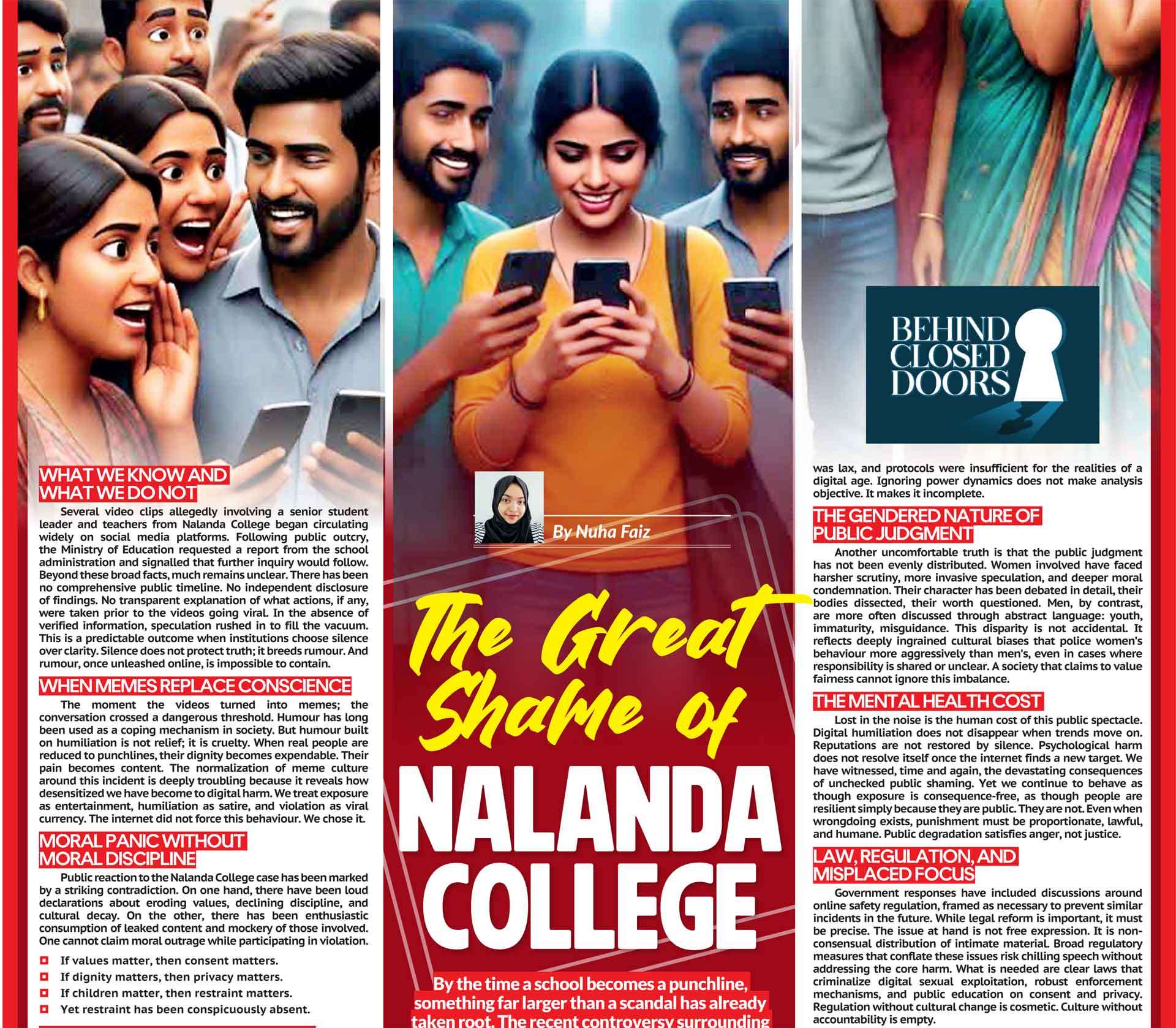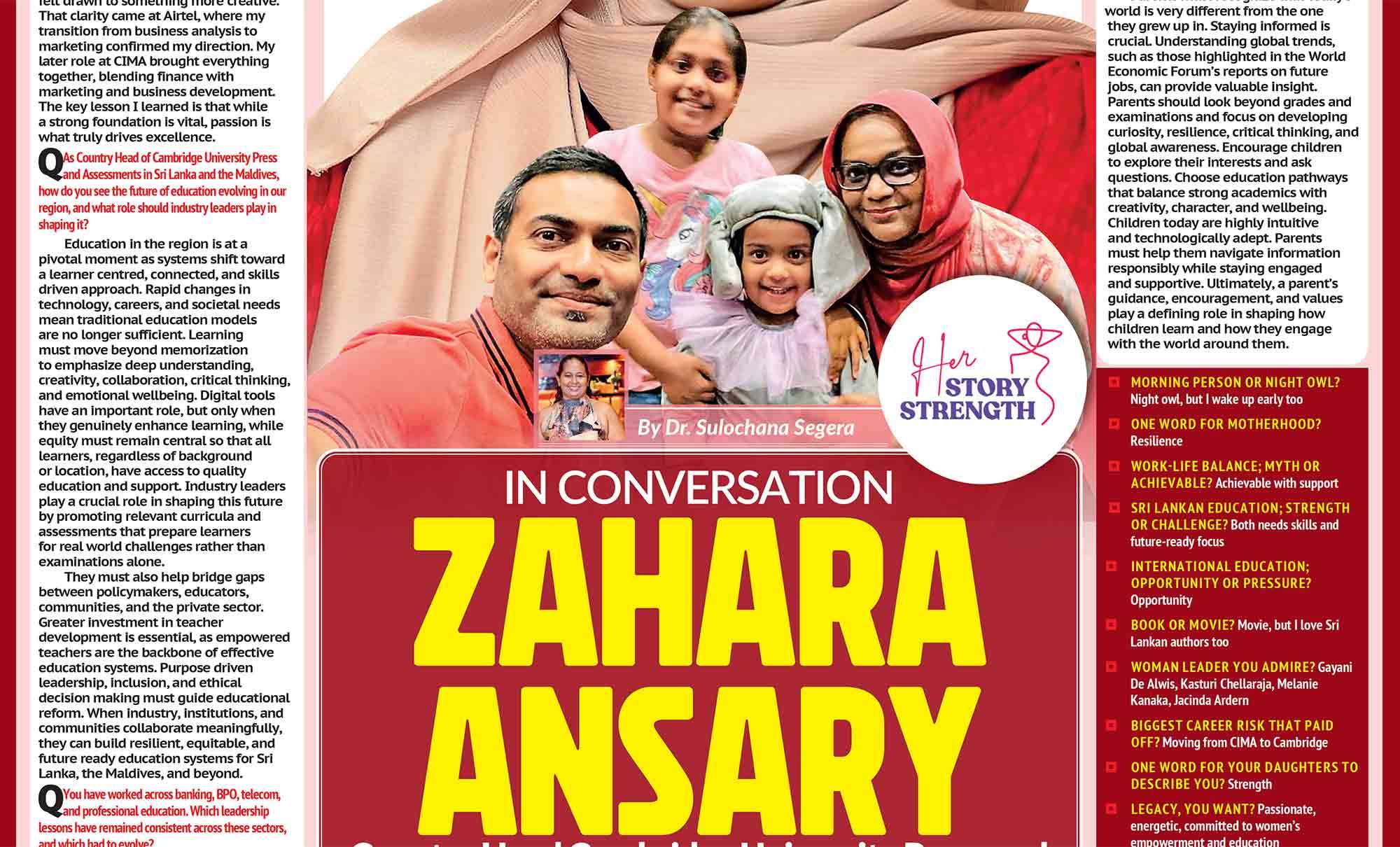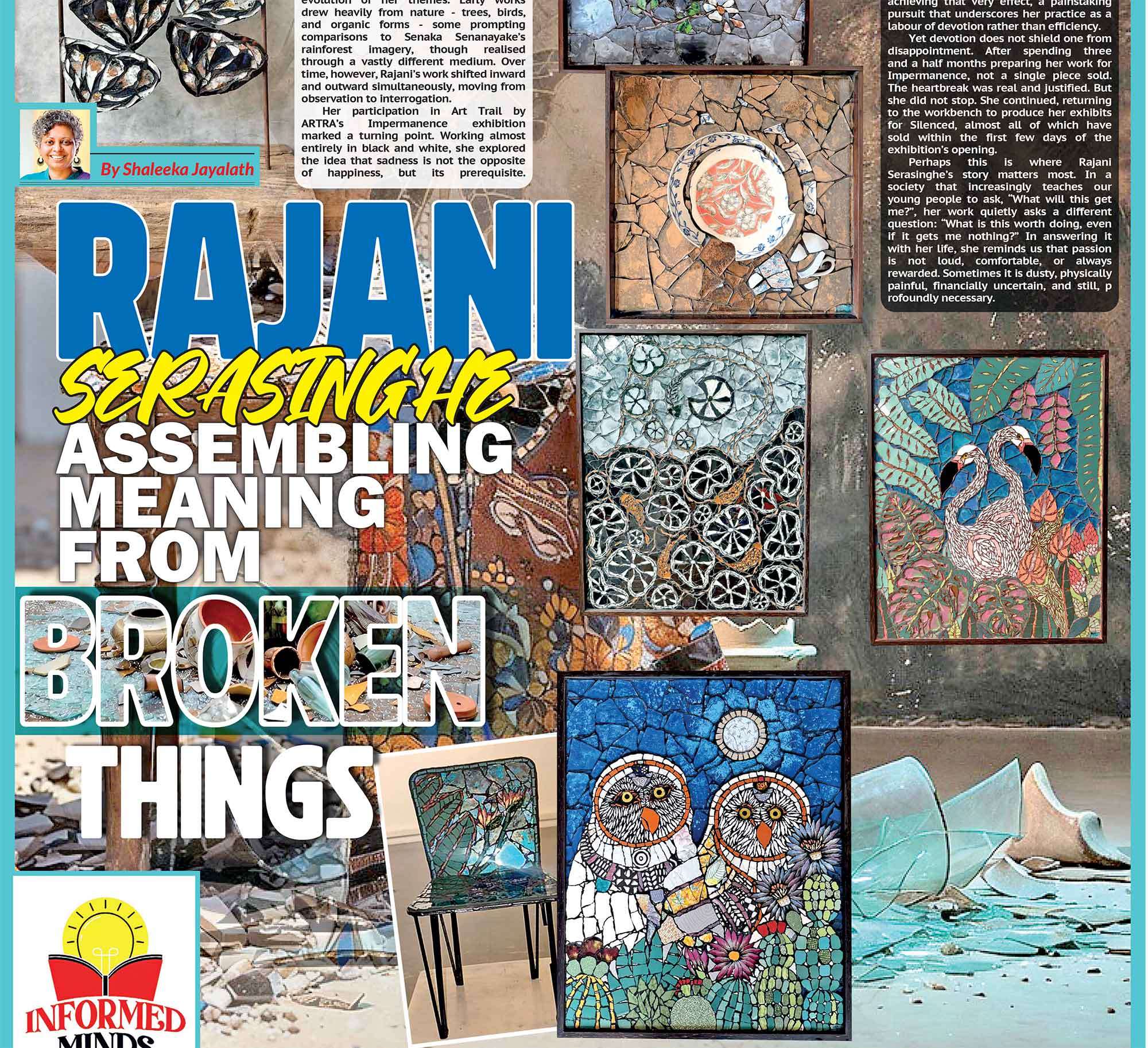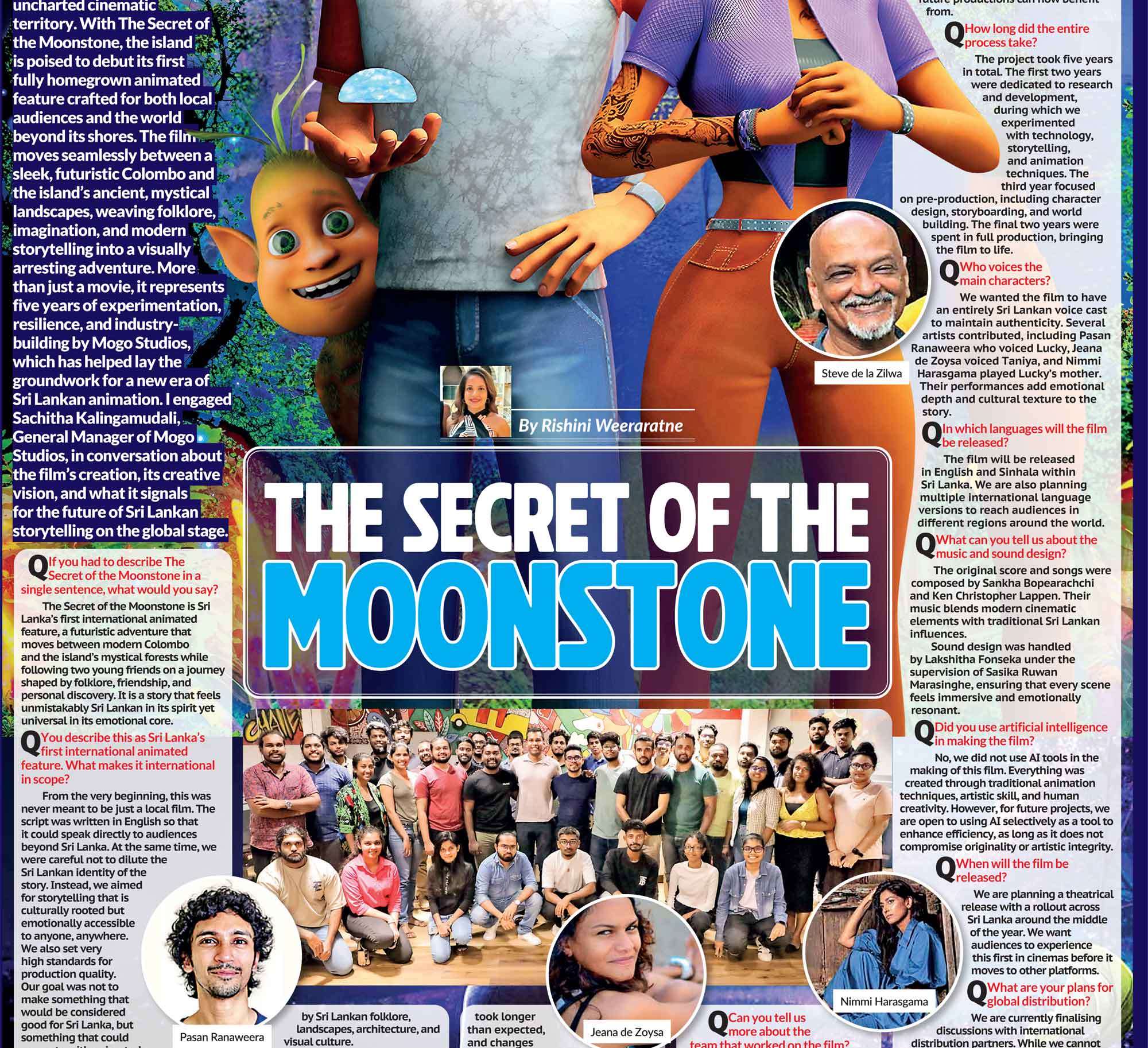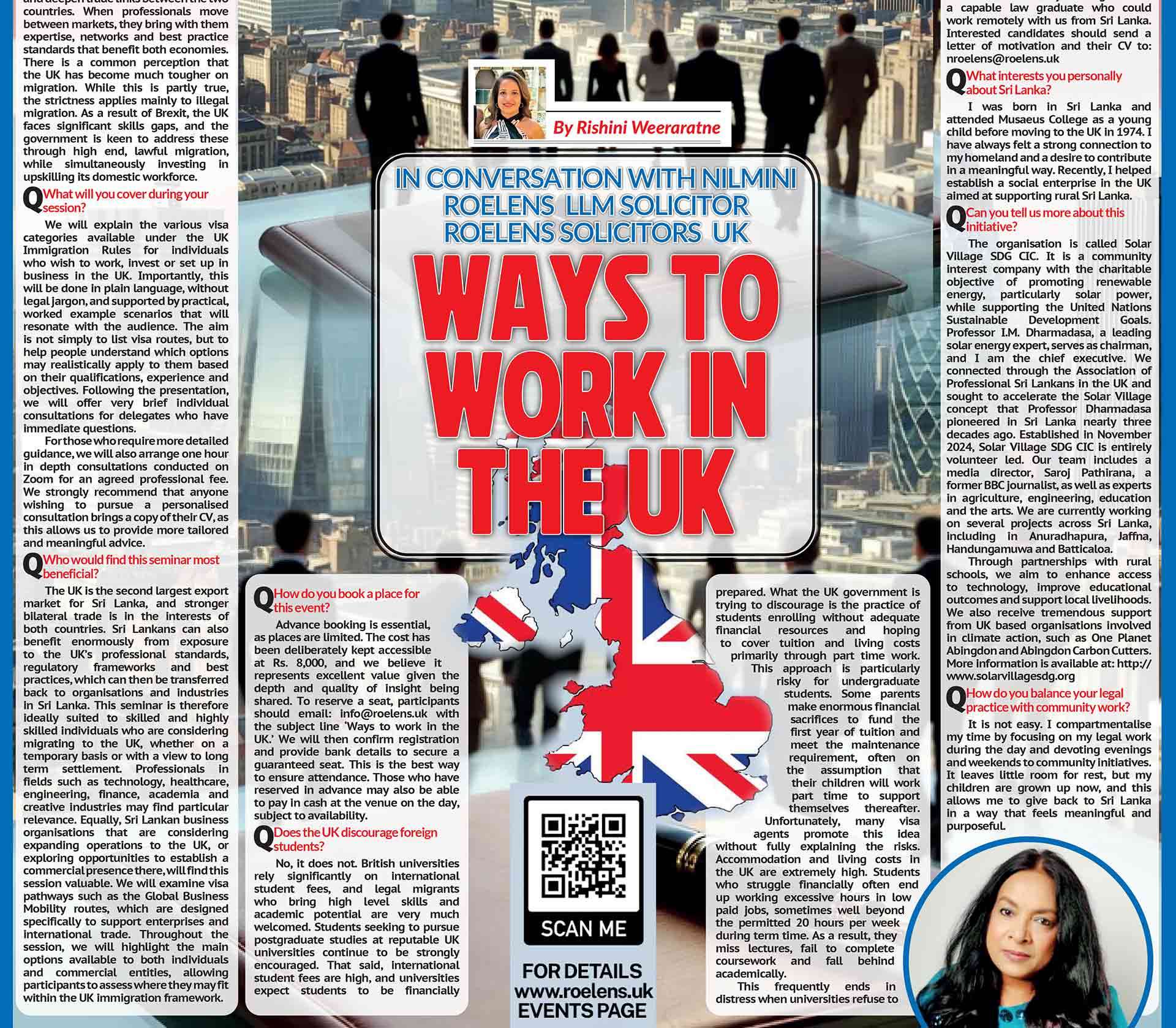
In Sri Lanka, we have a strange habit. The moment someone “makes it,” everyone else suddenly wants to do exactly what they did, same idea, same style, same social media posts, same captions, same everything. Joel Thilekeratne built Carnage into a streetwear empire? Suddenly, every other corner has a “new” streetwear brand, with oddly similar fonts and hoodie designs. Shalin Balasuriya from Spa Ceylon takes a homegrown beauty brand to international shelves? Overnight, everyone’s whipping up “all-natural” skincare in their kitchen and pasting lotus flowers on the label. Bhanuka Harishchandra from Surge builds a digital agency with killer results? Every other marketing graduate suddenly “launches” a social media agency, conveniently forgetting that copying a pitch deck doesn’t copy the grind that built it. Here’s the problem: Those are their blueprints. Their roadmaps. Their blood, sweat, tears, heartbreaks, and 2 a.m. decisions that no one else sees. And while their journeys are proof that success is possible, it’s dangerous to think that retracing their exact steps will lead to the same destination.
Blueprints Aren’t Copy-Paste Files
A blueprint is a plan; and a plan is born from context. Joel’s blueprint worked because it came from his perspective, network, timing, and understanding of the streetwear market. Shalin’s blueprint worked because it was built on years of product research, luxury branding experience, and a deep understanding of wellness culture. Bhanuka’s blueprint worked because he understood the market gaps in performance marketing and built a team that could deliver results consistently. If you take their exact blueprint and slap your name on it, it’s like taking a map from Colombo to Kandy and expecting it to take you to Jaffna. The road simply doesn’t lead there. The truth is: Someone else’s blueprint is their success story, not yours.
Motivation vs. Mimicry
A blueprint is a plan; and a plan is born from context. Joel’s blueprint worked because it came from his perspective, network, timing, and understanding of the streetwear market. Shalin’s blueprint worked because it was built on years of product research, luxury branding experience, and a deep understanding of wellness culture. Bhanuka’s blueprint worked because he understood the market gaps in performance marketing and built a team that could deliver results consistently. If you take their exact blueprint and slap your name on it, it’s like taking a map from Colombo to Kandy and expecting it to take you to Jaffna. The road simply doesn’t lead there. The truth is: Someone else’s blueprint is their success story, not yours.
This is where most young entrepreneurs slip up. They see a success story, and instead of using it as motivation, they use it as a template.
Motivation means:
- Studying their journey to see what’s possible.
- Understanding the risks they took and how they handled failure.
- Recognising the discipline, consistency, and creativity required to break through.
Mimicry means:
- Copying their branding, business model, and marketing lines without thinking.
- Ignoring your own strengths, context, and ideas.
- Wondering why it’s not working for you, then blaming “the market” instead of your lack of originality.
When you mimic, you set yourself up to be the backup act in someone else’s show. You’re not the headliner. You’re the warm-up band, hoping people remember your name.
Marketing Is a Stage
Marketing and business in general is like a stage.
You decide whether you want to be the main performance or just a backup dancer.
The main performance doesn’t happen by doing what the last guy did. It happens by making the audience feel something new. By showing them something they didn’t know they needed. By creating moments they’ll never forget.
Backup dancers? They’re great. They make the stage look fuller. They keep the crowd entertained while the star takes a quick water break. But when the show ends, no one’s Googling the backup dancer’s name.
If you want to be the main act, you have to earn that spotlight, by being different, not by being a duplicate.
This Country Needs Another YOU
Here’s what most people forget: Sri Lanka doesn’t need another Joel, another Shalin, or another Bhanuka.
We already have them. They’re doing just fine.
What the country does need is another you, the unapologetic, unfiltered, fully original version of you that hasn’t been watered down by imitation.
When you bring your own story, perspective, and style to the market, you give people a reason to care. You stop competing on price, because people are buying you, not just the product. You stop getting lost in the noise, because your voice sounds different from everyone else’s.
And here’s the fun part: when you build your own blueprint, you become the one people try to copy.
So How Do You Build Your Own Blueprint?
Let’s be clear, I’m not telling you to reinvent the wheel. Success leaves clues, and it’s smart to learn from the people who’ve done it before. But the key is to take the lessons, not the entire playbook.
Here’s how you do it:
- Start with self-awareness.
What are your actual strengths? Not the strengths you wish you had, but the ones you can bet your life on. Build from there.
Figure out what’s missing. Don’t just fill a gap, create a demand.
- Be brutally honest about timing.
Some businesses work because they launch at the perfect moment. If you missed that wave, create a new one.
Business isn’t just about products; it’s about connection. Let people buy into you.
Not everything will work, and that’s fine. The point is to keep iterating until you find your groove.
Originality Pays Long-Term
Copying someone else might get you a quick boost, but it’s short-lived. The moment the original changes direction, you’re left scrambling because you don’t actually know how to lead.
Originality, on the other hand, compounds. The more you do things your way, the more your audience learns to trust you. And trust is the one currency in business that never devalues.
So, the next time you see someone’s success story, clap for them. Be inspired. Study the journey. Learn the lessons. But then, close their book, and start writing your own.
Because if you don’t, you’ll spend your whole life playing someone else’s script while your own story goes untold.
Someone else’s blueprint got them to their stage. Yours will get you to yours. The sooner you realise that, the sooner you stop chasing someone else’s spotlight and start building one that’s yours alone.
And trust me, when that spotlight finally hits you, you’ll be glad you didn’t settle for being a backup dancer.





